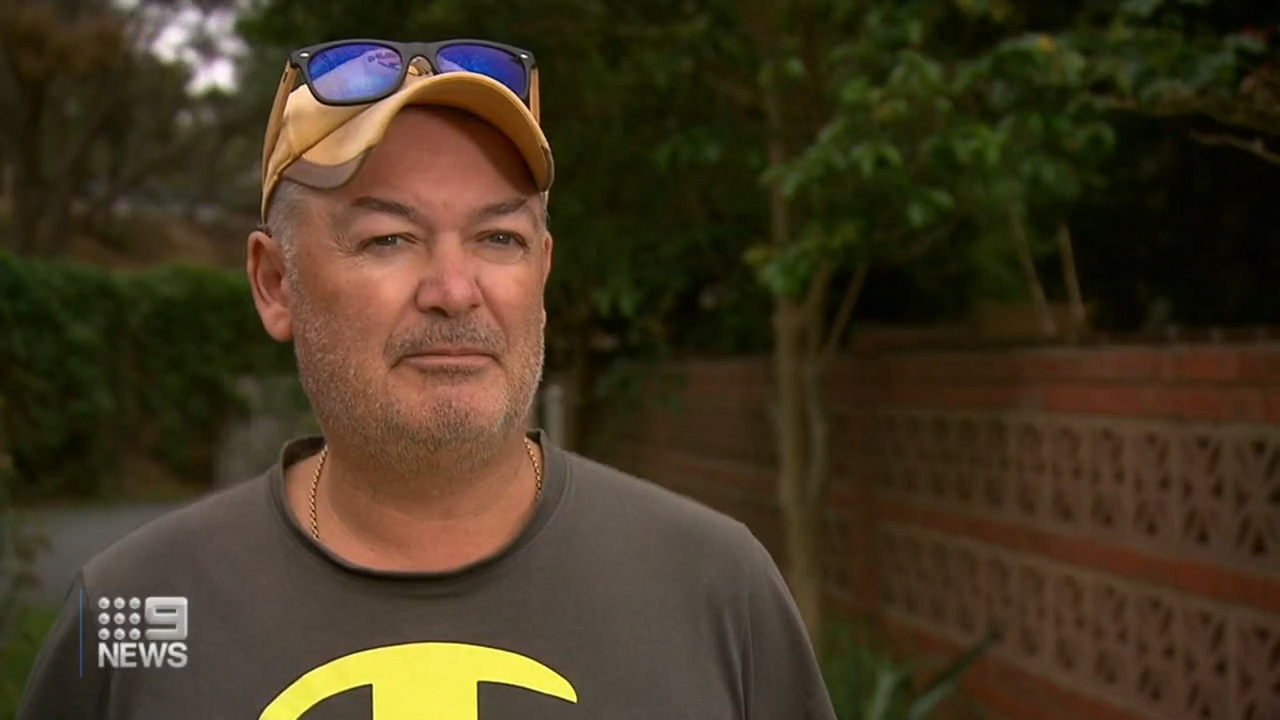Turning Melbourne's Frankston Private Hospital into a public surgery facility is the centrepiece of a $1.5 billion plan to slash Victoria's chronic elective surgery backlog.
The state government is promising to operate at 125 per cent of normal capacity but long-suffering patients say actions speak louder than words.
It's been 11 months since construction worker Paul Walch, 53, felt intense heartburn.
READ MORE: Company halts flights after five killed in helicopter crash
It highlighted the need for a triple heart bypass but he's still waiting for surgery as he's stuck on the category two elective surgery waiting list.
He admitted it was tough.
"As time progresses, it tends to get to you psychologically — it wears you down," he said.
"The reality is there's people in jeopardy of dying.
"They should have the right to be medically looked after in today's society. It's 2022, not 1922."
READ MORE: Ambulance Victoria on the cusp of a cultural overhaul after damning report
The plan includes a seven-year deal to take over Frankston private, with two wards and eventually seven theatres to be solely dedicated to public surgeries.
"This is not just about getting back to pre-pandemic levels," Acting Premier James Merlino said.
"This about doing better. Doing more."
There's also cash for same-day surgeries and extended hours in the public system, as well as plans for eight rapid-access hubs dedicated to procedures like hernia repairs and cataracts.
Another $20 million will fund more equipment, and $80 million has been allocated to upskilling an exhausted workforce.
Opposition Leader David Southwick called the plan "groundhog Day".
"Two years ago, the government said they're going to provide $1.3 billion worth of funding, and it just never eventuated," he said.
With the extra capacity this private hospital offers, the state government is hopeful an additional 40,000 surgeries will be delivered across the system next year.
But the most up-to-date figures on just how many Victorians are on that waiting list have not been revealed.
At the end of December last year, the total was almost 81,000.
Source: 9News



